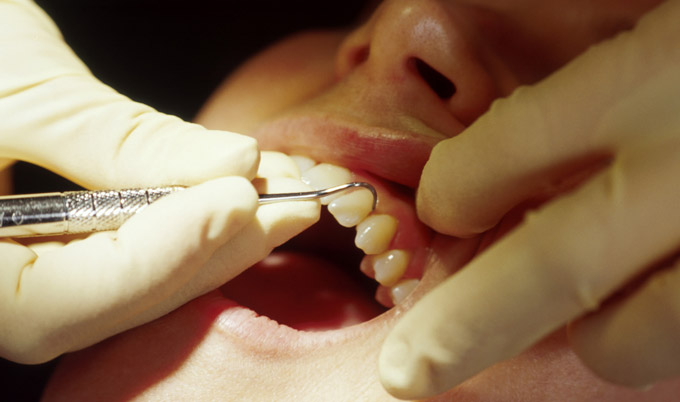smoking in hospitals
Providing smoking cessation for patients in hospital will save lives
Published on: 11 July 2018
A major new report by the Royal College of Physicians calls for a radical change in the way the NHS treats smoking, by providing opt-out cessation services as a routine component of all hospital care.
It includes evidence from Dr Richard Holliday, NIHR Doctoral Research Fellow and Specialty Registrar in Restorative Dentistry in the School of Dental Sciences at Newcastle University on the dental perspective. Undergraduate dental education is doing well in tobacco education, although there are areas for improvement. However, many dental professionals still report a lack of training on smoking cessation interventions and addressing this will be important in helping reduce smoking rates.
Giving smokers the help they need to quit smoking while in hospital will save lives, improve quality of life as well as increasing life expectancy for all smokers, and help to reduce the current £1 billion per year cost to the NHS of smoking by patients and staff, claim the Royal College of Physicians (RCP).

Hiding in plain sight
The report ‘Hiding in plain sight: Treating tobacco dependency in the NHS’ from the RCP’s Tobacco Advisory Group says that:
- Treating tobacco dependency is not just about preventing disease: in many cases it represents effective disease treatment. Clinicians working in all areas of medicine can improve their patients’ lives by helping them to quit.
- Current models of delivering stop smoking services separately from mainstream NHS services, while successful in the past, may now not be the best approach because the patient has to seek help themselves
- Most health professionals receive little or no training in treating smokers
- The NHS does not collect data on smoking treatment delivery, or have a payment tariff for treating tobacco dependency
- Smoking treatment also tends to be squeezed out, even in the management of diseases caused by smoking, by other, less cost-effective interventions
To address all these issues, the report recommends:
- As smoking cessation treatments save money for the NHS, in the short as well as the long term, they should be prioritised as a core NHS activity
- Smoking cessation should be incorporated as a systematic and opt-out component of all NHS services, and delivered in smoke-free settings
- As systematic identification of smokers and delivering cessation support doubles quit rates, health service commissioners should ensure that smokers are identified and receive cost-effective smoking interventions – failing to do so is as negligent as not treating cancer
- We should allow e-cigarettes to be used on NHS sites to support smokers to remain smoke-free and help to sustain smoke-free policies
- Legislation requiring hospitals to implement completely smoke-free grounds should be introduced, as the current guidance isn’t being implemented
- Training in smoking cessation should be introduced into all undergraduate and postgraduate healthcare professional training curricula and as mandatory training for the entire NHS healthcare professional workforce.
Professor John Britton, chair of the RCP’s Tobacco Advisory Group and lead editor of the report, said: “Treating the more than one million smokers who are admitted to hospitals every year represents a unique opportunity for the NHS to improve patients’ lives, while also saving money. For too long the NHS has failed to take responsibility for smoking, while prioritising other, less effective activity. Smoking, the biggest avoidable cause of death and disability in the UK, is hiding in plain sight in our hospitals and other NHS services; the NHS must end the neglect of this huge opportunity to improve our nation’s health.”
Dr Holliday adds: “The report highlights our research findings that overall dental undergraduate education on smoking cessation is well delivered in the UK. However, education should further focus on practical skills training and assessment. Those dental professionals already qualified often reported never having received training on smoking cessation interventions.”
“This is an important area to address in order to give our patients the optimum support in quitting smoking.”
The RCP report: ‘Hiding in plain sight: Treating tobacco dependency in the NHS’




